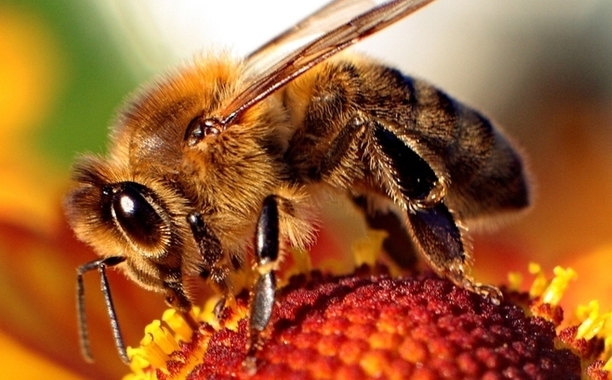According to latest study, bees may become addicted to neonicotinoid, a chemical used in pesticides, showing similar symptoms as nicotine addiction in humans.
In a study published in the journal Nature, scientists from Newcastle Univeristy showed that bees have a preference for sugar solutions that are laced with the pesticides imidacloprid and thiamethoxam, indicating that they could possibly get hooked on certain chemicals.
Another study showing that a group of pesticides, neonicotinoids, harm wild bee population, including bumblebee and solitary bees, was also published in the journal Nature.
According to The Guardian, scientists from Lund University in Sweden have done a first successful ‘real world’ experiment on the effect of neonicotinoid on bees and found that wild populations halved around fields treated with them. The chemical affected bumblebee hives, stopping their growth and reducing the number of queens produced. More robust honeybees, which are used to pollinate many crops, were unaffected.
[quote text_size=”small” author=”– Dr Maj Rundlöf” author_title=”Lead author of the study”]
Impacts on wild bees were dramatic. I think it’s really important evidence when discussing how neonicotinoids used in real agricultural landscapes influence bees.
[/quote]
Previous field experiments on neonicotinoids have been shown to be inadequate. The current EU moratorium on the use of a group of neonicotinoids on certain crops has been criticised, because experts think that the real evidence of neonicotinoids harming bee populations is difficult to obtain.
[quote text_size=”small” author=”– Nick von Westenholz” author_title=”Chief executive of the Crop Protection Association, representing neonicotinoid producers Bayer and Syngenta”]
The latest studies in Nature must be seen in the context of an ongoing campaign to discredit neonicotinoid pesticides, regardless of what the real evidence shows.
[/quote]
In unrelated study covered on Immortal News, e-cigarette smokers are less likely to quit smoking. For more on this story, click here.
It seems there are two sides of the coin and further research will certainly tell if neonicotinoids are really harmful for bees or if this study is in fact a campaign to discredit these companies. What are your thoughts?
























